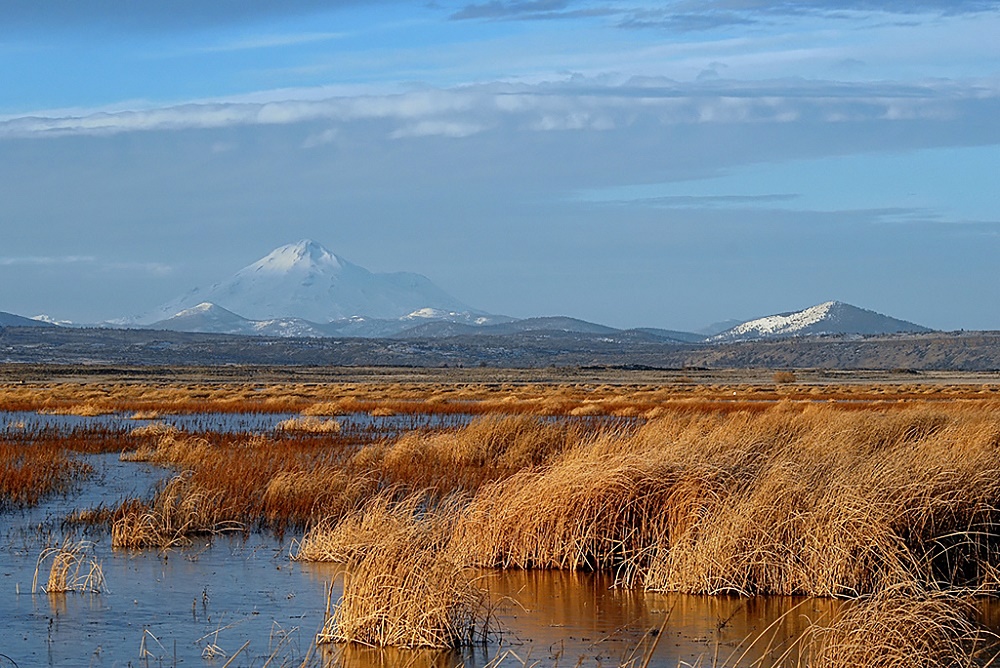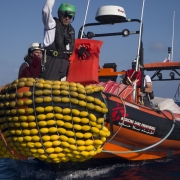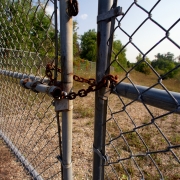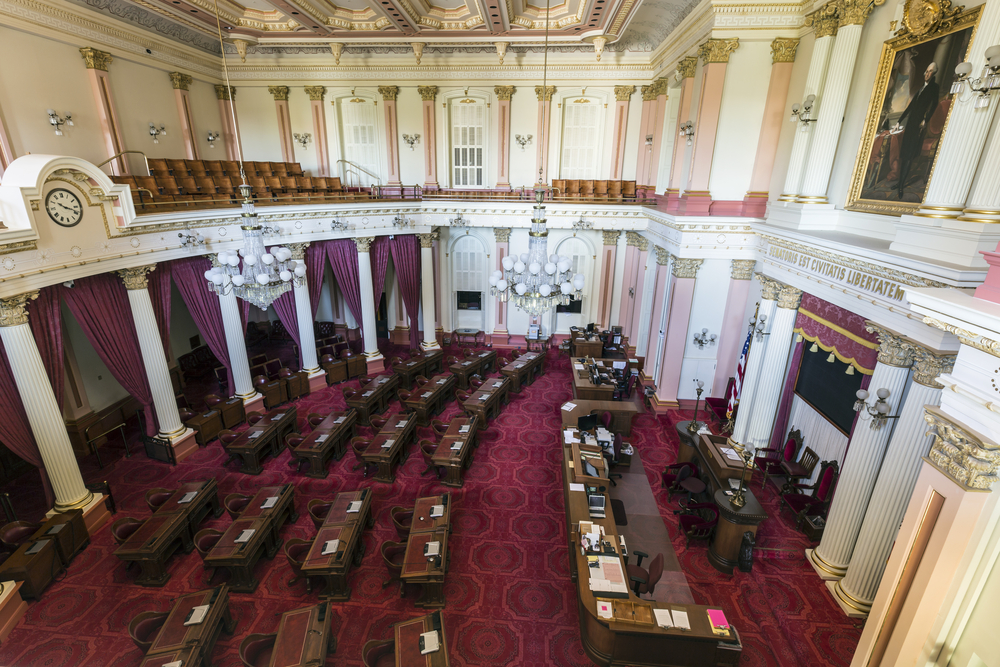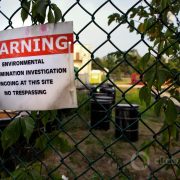Oregon Congressman Releases Draft Klamath River Bill
Legislation does not authorize or fund dam removal
By Brett Walton
Circle of Blue
Four weeks before a set of hard-won water agreements in the Klamath River Basin of Oregon and California will collapse, U.S. Rep. Greg Walden, an Oregon Republican, published draft legislation to rescue the deal and prevent water relations in the contested basin from souring.
It is not at all clear if Walden’s bill will do the job.
Though it authorizes two of the three basin agreements, the bill does not authorize or provide funding for the removal of four hydropower dams on the Klamath River, seen by many as essential to the deal. The agreements, a model of watershed collaboration, were signed by more than 40 parties in 2010 and expanded in 2014.
“We can’t support the legislation as is.”
–Don Gentry, chairman
Klamath Tribes
Removing the dams will open 675 kilometers (420 miles) of spawning grounds in the river’s upper basin that have been closed to salmon for nearly a century. Altogether, the Klamath restoration would be the largest dam removal project in U.S. history and help soothe decades of water fights between tribes, ranchers, farmers, and environmental groups.
“We have concerns about the bill,” Don Gentry, chairman of the Klamath Tribes, told Circle of Blue. “It doesn’t include dam removal, which is part of the package that our members voted for. We can’t support the legislation as is.”
Walden, though opposed to dam removal, indicated in an October 14 interview with the Klamath Falls Herald and News that removing the dams would be included in the bill.
“Personally, I’m not a dam removal support guy,” Walden told the Oregon newspaper. “But the facts that have been agreed to [in the pact] require [dam removal] and there are really no alternatives unless you want to blow the whole agreement apart and give up on water certainty for agriculture and all the other components that go with the agreement.”
The Klamath hydropower agreement did not require the federal government to fund the dam removal. Instead, it divided the $US 450 million tab between PacifiCorp, the dam owner, and the state of California, where three of the dams are located.
Andrew Malcolm, Walden’s press secretary, had little to say about the 69-page draft bill.
“The discussion draft is the result of a year of work with all interested parties, and we look forward to hearing their input on what works and what doesn’t,” Malcolm wrote in an email to Circle of Blue. He would not comment on why dam removal was not a part of the draft bill or if the draft was revealed too close to the deadline.
There is a short timetable for action because three Indian tribes in the basin that signed the accords — the Klamath, Karuk, and Yurok — gave notice earlier this year that they will pull out of the deal if Congress does not take action by December 31.
Gentry said that the Klamath Tribes will not withdraw that notice.
“We would have to withdraw it by tribal referendum,” he said. “There’s not enough time to do that now.”
A handful of river restoration projects spelled out in the agreements have already begun, but many key provisions require authorization by federal lawmakers. Congress must approve a land swap with the Klamath Tribe and a restructuring of the Klamath Irrigation Project to include water for wildlife refuges. Those provisions are in Walden’s bill. But Gentry expressed concern that a second land transfer in the bill could infringe on the tribe’s treaty rights for hunting, gathering, and fishing on federal land. The bill allows for 40,468 hectares (100,000 acres) of U.S. Forest Service land to be transferred each to Klamath and Siskiyou counties.
Walden’s is not the only Klamath bill in Congress. In January, Sen. Ron Wyden, an Oregon Democrat, introduced a bill that would implement all three agreements. That bill is has not yet been heard by committee.
If the agreements collapse, however, there is another path for removing the Klamath dams. PacifiCorp must renew with the Federal Energy Regulatory Commission, the license to operate the dams. The relicensing process was put on hold during the basin negotiations and the dams were operated under temporary permits. Federal requirements to install fish ladders and other equipment may make the dams too costly to maintain.
Brett writes about agriculture, energy, infrastructure, and the politics and economics of water in the United States. He also writes the Federal Water Tap, Circle of Blue’s weekly digest of U.S. government water news. He is the winner of two Society of Environmental Journalists reporting awards, one of the top honors in American environmental journalism: first place for explanatory reporting for a series on septic system pollution in the United States(2016) and third place for beat reporting in a small market (2014). He received the Sierra Club’s Distinguished Service Award in 2018. Brett lives in Seattle, where he hikes the mountains and bakes pies. Contact Brett Walton

